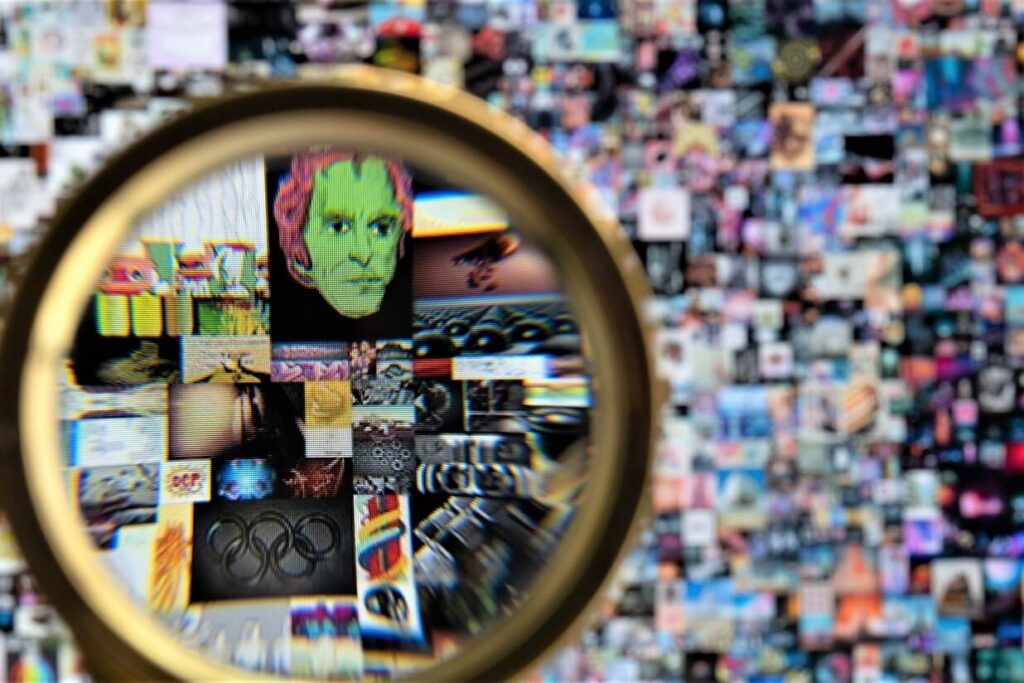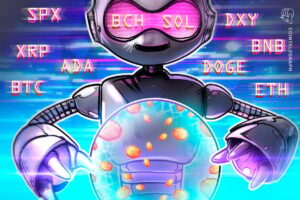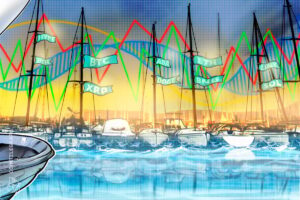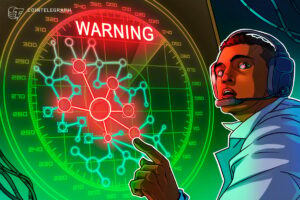How to Know Whether an NFT Project is Legit

Non-fungible tokens (NFTs) are arguably the hottest relatively new trend in crypto, attracting entirely new audiences, creators, users, investors, and collectors to the crypto ecosystem. From anonymous cryptonauts selling “homemade” tokenized memes to Burger King giving away NFTs as part of a marketing campaign, NFTs are seemingly everywhere.
But with so many NFTs floating around, how can you tell whether an NFT project is legit?
In this guide on NFT valuation, you will learn what you need to look for to find out whether an NFT venture is legit or not.
What are NFTs?
Non-fungible tokens are unique cryptographic tokens on a blockchain that represent a one-of-a-kind asset in the physical or digital world.
NFTs can represent artworks, music, digital identities, tickets to games and shows, gaming tokens and even, illustrious tweets by famous people.
Unlike fungible cryptocurrencies like monero (XMR), where each XMR can be interchanged with another XMR, NFTs are non-fungible, which means you interchange one NFT for another as each is verifiably unique.
NFTs can be found on various NFT marketplaces where parties can buy, sell, display, and even mint NFTs. Popular marketplaces include OpenSea, Rarible, Super Rare, and Foundation.
As the value of and interest in NFTs continue to rise, so do nefarious actors looking to take advantage of NFT newcomers. Read on to learn what to look for to find out whether an NFT project is legit or not.
How to evaluate the legitimacy of an NFT project
The more NFTs are released and traded, the easier it becomes to observe behavioral and financial patterns using data, community feedback, and experience.
Here are the most important factors to look at when analyzing an NFT project to help you to determine whether the NFTs are legit or not.
Brand recognition
Arguably the most important factor to consider when evaluating the validity of an NFT project is its brand recognition.
If an NFT collection has a history of active trading and a steady increase in value of individual NFTs in the collection, you will have likely stumbled across a legitimate NFT project.
What’s more, if you can find regular media coverage and active conversations by reputable crypto community members about the NFT brand, you are likely looking at a project that has value.
Community size
The most reputable NFT collections typically have vibrant communities of collectors and fans.
If an NFT brand you are looking at has little to no community and it’s hard to find communities online to discuss the NFTs (such as a near-empty Discord channel), you may want to steer clear.
Identity of the creator
If an NFT collection has been officially launched or sanctioned by a major brand, celebrity, athlete, or established artist, you are very likely dealing with a legitimate NFT project.
The beauty of NFTs – and one of the things that make them attractive to artists, brands, and creators – is their traceability. You can see who the original creator of the NFT was, when it was minted, how many people have traded it, and even how much it has been sold in each trade. This will help you to avoid buying fake NFTs from scammers who simply right-click and save JPEGs, and sell them as “originals” to unwitting buyers.
The more established the creator, the more likely it becomes that you are dealing with a legitimate NFT project, even if the collection was not launched by an influencer or a celebrity.
The underlying blockchain
Ethereum (ETH) has been the go-to chain for the NFT market, emerging as the most popular blockchain for NFT creators and brands. However, in light of Ethereum’s “mooning” gas fees, other chains, such as Solana (SOL), are coming and taking their piece of the NFT market share.
Checking out the blockchain network an NFT project operates on will help you to understand how safe your NFT will be in the long run.
For an established blockchain like Ethereum, it’s easy to see why collectors trust that their artworks will be around “forever,” given the chain’s relatively strong track record of stability and continuity.
Conversely, some blockchains that emerge may be more affordable for NFT creators but only in the short term. If a blockchain doesn’t survive, the NFTs stored on them will likely end up being worthless.
Before you make any NFT purchase, research the blockchain it operates on and decide on whether you think the chain will still be around in 50+ years.
Intellectual protection rights
Ensure that an NFT brand has the intellectual rights to what they are selling.
If an anonymous NFT creator is using images of a celebrity or major brand, there is a good chance that the creator is violating intellectual property rights. In this case, the owner of the intellectual property may sue the creator, and the value of the NFT will subsequently plummet.
Steer away from NFT projects that contain what looks like someone else’s intellectual property.
When celebrities or brands issue NFTs, you hear about it. So if someone is selling “NFT art” with images of Kim Kardashian on them, you may want to stay clear.
Giveaways or airdrops
Arguably the easiest way you can tell that an NFT project is a fraud is if it’s given to you “for free” or if you are asked to participate in a “competition” or “giveaway.”
In most cases, these are attempts to get your crypto wallet logins to steal your existing NFTs plus any other digital currencies or tokens you hold therein.
We hope this checklist will help you to avoid NFT scams and pick some nifty pieces of crypto art and collectibles for your collection.
____Learn more: – When You Buy an NFT, You Don’t Completely Own It – Here’s Why- NFT Project ‘Evolved Apes’ Developer Disappears with USD 2.9M
– Damien Hirst’s NFT Art Project: What We’ll Discover When It’s Over- NFTs Are Selling for Millions, But How Do You Tell a Diamond From a Dud?
– Why NFTs Aren’t Just for Art and Collectibles- Consider These Legal Questions Before Spending Millions on NFTs
– This Is How NFTs Might Change TV and Film Industries- Check Out These 6 TikTok Videos That Will Become NFTs












